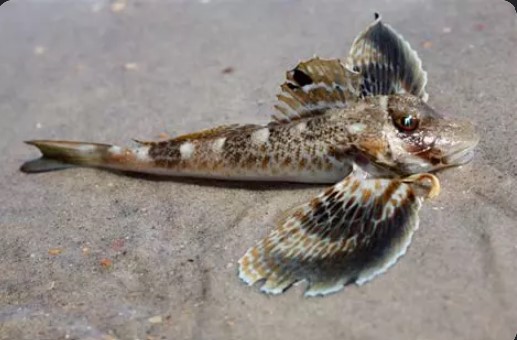It’s Easter! Now we can get back to our jelly beans, Hershey bars, donuts, ice cream and wine! Jesus thanks you for your effort and wonders why he ever decided to rise again.
Don’t blame yourself for failing to understand the core values of your faith. Every religion erodes over time, subject to cultural shifts, personal conflicts and the state of the planet. One can imagine how strong one’s faith had to be when, as a mother, you left your baby behind to save it from being, as you will be, eaten by a lion. Then Alexander saw a cross in the sky made with a cloud and considered it to be the reason he had won his wars so he declared Christianity as the state religion. Since then Christianity, in whatever form, is society’s Department of Religious Affairs and even spends enough money on buildings and cultural politics that DOGE would love to get it’s hands on that department.
But things change. Today in the United States, two billionaire Christian ministers (a bureaucratic title) are trying to reinstall Alexander’s form of theocracy – similar to the Islamic theocracies in Iran and Afghanistan. Further, one’s approach to personal ritual, budget and life management does not seem to fit the needs of the wealthier nations. Consequently, overall attendance in Christian churches is shrinking.
The oversight in history is that Jesus was encouraging selflessness as a means of personal survival. Sharing isn’t only a physical act, it is a way to cope in difficult times. The theology of Jesus was personal – not to be dependent on worldly conditions that brought death, starvation, insecurity, inequality and abuse. Not only does sharing minimize hardship in others, it makes a person feel functional and useful – a healing act that may feel liberating, perhaps like sitting at the right hand of God who is above the fray of human reality.
There was only one religious organization in Jesus’ faith. There were three roles: God, as an unending source of love; Jesus himself as a human example (not a prophet); every human being who, by their spiritual commitment to ‘sharing’ brought God’s creative, gratifying love to a human’s sense of self. This religious ‘organization’ is called the Trinity. When humans engage in sharing, there is only one experience: the blessing of God’s love – a love that displaces all despair, insecurity and hardship.
Theologically, Lent and Easter aren’t about giving up gumdrops or promising to improve one’s own inadequacies, it’s about sharing with others who may need your help. In short, as a Christian, what is given for Lent is you giving yourself to the Trinity experience so that your faith and your self will expand God’s love in an imperfect world. Spiritually, one’s sacrifice is the power that lets Christ rise on Easter.
He has risen. Are you in?
Ancient Mariner


 Nosey Mole lives in a large maze of tunnels. The food is good and there is little concern for catastrophe. Still, being nosy, he pops to the surface periodically to see what’s happenin’. Every time he pops up to look around, he gets whacked by the swirl of reality and returns to his tunnels. There is no great historical theme in Nosey’s life that must be feared or hoped. Life is pleasant in the tunnels.
Nosey Mole lives in a large maze of tunnels. The food is good and there is little concern for catastrophe. Still, being nosy, he pops to the surface periodically to see what’s happenin’. Every time he pops up to look around, he gets whacked by the swirl of reality and returns to his tunnels. There is no great historical theme in Nosey’s life that must be feared or hoped. Life is pleasant in the tunnels.